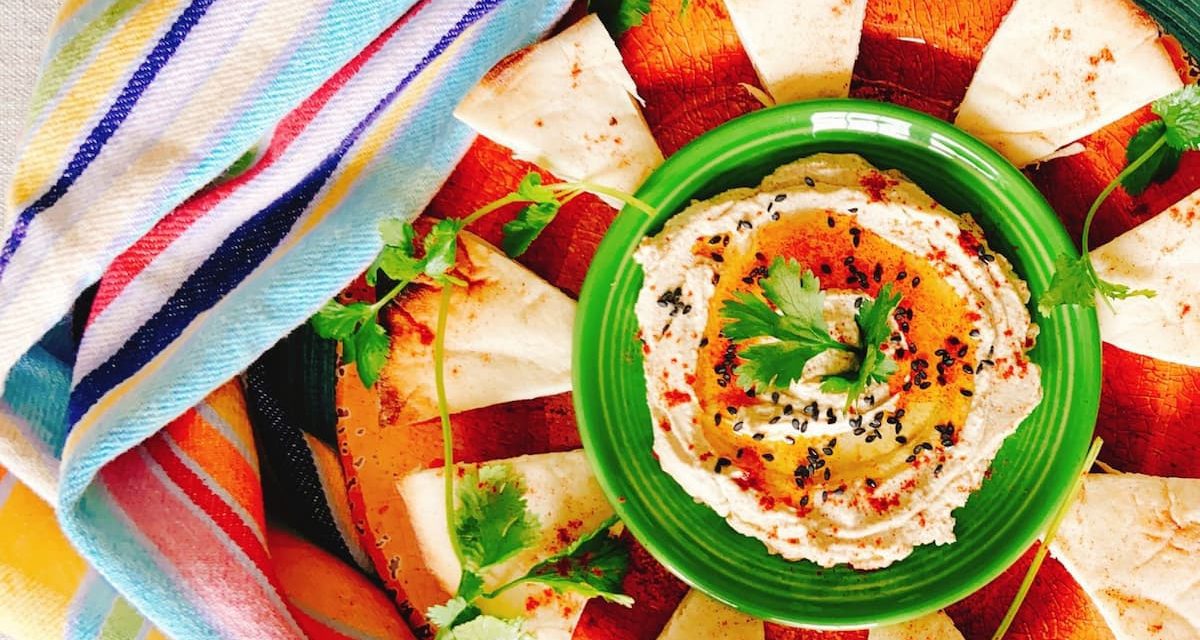You may have heard that plant-powered foods aren’t as exciting or flavorful as non-plant-powered foods. Nothing could be farther from the truth.
The key to deep flavor – without adding extra fat and salt – is to add a variety of herbs and spices to your dishes.
Aromas and flavors of herbs and spices enhance the overall experience of preparing, cooking and eating your meals. Plus, each herb and spice is packed with a wide range of health benefits. We’ve included a handy guide for you that includes some of the most widely used spices and herbs below.
Keep in mind is the quality of the spices you buy. Buy non-irradiated and organic spices whenever possible. This ensures that the spices are not treated with pesticides and chemicals during growing, harvesting and packaging.
In a perfect world, we’d all grind our whole spices into fresh powder before cooking, for the greatest flavor and potency. Using bottled organic spices is the next best thing.
How To Store Spices
Store your spices in a glass container in a cool, dry place. Light, air and moisture wreak havoc on spices, so do not store them near a fan, in the light or near the stove. Don’t use your spice bottle directly above a hot, steaming pot; the moisture will rise into your spice bottle and potentially ruin that spice. Use a measuring spoon or your hand to put spices and herbs into your dishes while you’re cooking them.
Spices have a shelf life for up to a year. After that, they lose their flavor potency and medicinal properties and should be composted.
How To Cook With Spices
Every spice has volatile organic compounds (VOCs). These make up their different aromas. The secret of cooking with spices is to use methods that protect their aroma and infuse their flavor into the foods.
The nutrients of spices are soluble in fat and water. So you need water or oil to “carry” the spices’ compounds. Exposing spices to heat activates their inherent chemical properties and also makes them easier to break down in our digestive system. So you should toast spices in a little oil or in a dry pan. More pungent spices, like cayenne pepper, can be dry-toasted to lessen their spiciness.
A general rule for substituting dried herbs for fresh herbs is to use 1 teaspoon of dried herbs for 1 tablespoon of fresh. ▪






